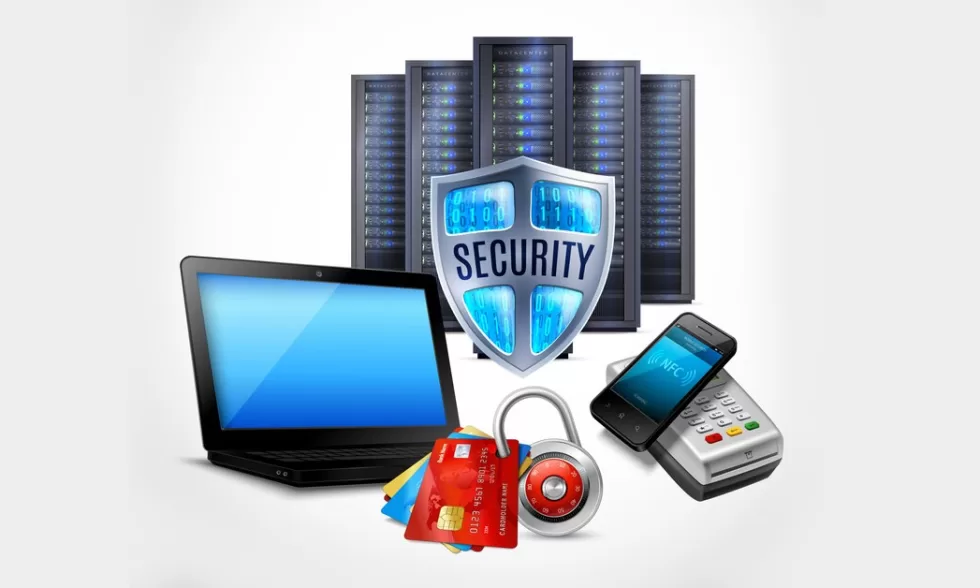In today’s digital world, cybersecurity is more crucial than ever. One way to establish yourself in this vital field is by obtaining the GIAC Security Essentials (GSEC) certification. But what exactly is GSEC, and why is it so important? Let’s dive into this comprehensive guide to understand everything about GSEC, from its benefits to preparation strategies. GIAC Security Essentials (GSEC).
Understanding GIAC
The Global Information Assurance Certification (GIAC) is renowned for its rigorous and respected certifications in the cybersecurity industry. Established by the SANS Institute, GIAC certifications validate a practitioner’s ability to perform hands-on information security tasks. Over the years, GIAC has built a solid reputation for its stringent standards and thorough examinations. Making its certifications highly valued by employers worldwide.
Who Should Consider GSEC Certification?
The GSEC certification is designed for security professionals who want to demonstrate. Their understanding of essential cybersecurity concepts and best practices. It’s ideal for system administrators, security managers, auditors, and anyone aspiring to work in cybersecurity. By earning a GSEC certification, you not only prove your knowledge but also enhance your career prospects. Potentially leading to higher salaries and more advanced job roles.
Exam Overview
The GSEC exam tests your knowledge on a broad range of security topics. It consists of 180 multiple-choice and true/false questions that you must complete within 5 hours. The questions are designed to assess both your theoretical knowledge and practical skills, making it a challenging yet rewarding certification to pursue.
Core Topics Covered in GSEC
Security Concepts and Terminology: Understanding the foundational principles of cybersecurity, including risk management, access control, and threat modeling.
Network Security: Learning about network architecture, protocols, and technologies to secure and monitor network traffic.
Cryptography: Gaining insights into encryption techniques, digital signatures, and cryptographic protocols to protect sensitive information.
Incident Handling and Response: Developing skills to detect, respond to, and recover from security incidents effectively.
Security Policy and Management: Learning to create and manage security policies, conduct audits, and ensure compliance with regulations and standards.
Preparation Tips for GSEC Exam
To ace the GSEC exam, you’ll need a solid preparation plan. Here are some tips to help you get started:
Recommended Study Resources: Utilize official GIAC study materials, including textbooks, whitepapers, and online resources. SANS also offers comprehensive training programs specifically designed for GSEC preparation.
Training Courses and Bootcamps: Enroll in SANS training courses or bootcamps that provide intensive, hands-on training to reinforce your understanding of key concepts.
Practice Exams and Question Banks: Regularly take practice exams to familiarize yourself with the exam format and identify areas where you need further study.
Study Plan for GSEC
Creating a structured study plan is essential for success. Here’s a suggested approach:
Creating a Study Schedule: Allocate specific times each day and week for studying. Consistency is key to retaining information and building your knowledge base.
Daily and Weekly Goals: Set achievable goals to cover specific topics or complete certain amounts of practice questions. This keeps you on track and motivated.
Balancing Study with Work: If you’re working while studying, find a balance that allows you to dedicate sufficient time to both without burning out.
Training Resources
There are numerous resources available to help you prepare for the GSEC exam:
Books and Online Materials: Read books like “The Official (ISC)2 Guide to the. CISSP CBK” and utilize online materials such as SANS reading rooms and cybersecurity blogs. GIAC Security Essentials (GSEC).
SANS Training Programs: Participate in SANS’ in-depth training programs that provide expert instruction and hands-on labs.
Online Communities and Forums: Join forums and online communities where you can discuss topics, share resources, and get support from fellow GSEC candidates.
Taking the GSEC Exam
When you’re ready to take the exam, here’s what you need to know:
Registration Process: Register for the exam through the GIAC website. Choose a convenient date and location for your test.
What to Expect on Exam Day: Arrive early, bring necessary identification, and stay calm. The exam is proctored and computer-based, ensuring a secure testing environment.
Tips for Success: Read each question carefully, manage your time effectively, and don’t hesitate to flag difficult questions to revisit later.
Post-Exam Process
After completing the exam, here’s what to expect:
Receiving Your Results: You’ll receive your results shortly after completing the exam. A passing score earns you the GSEC certification.
Certification Renewal and Continuing Education: GIAC certifications are valid for four years. To maintain your certification, you’ll need to earn Continuing Professional Education (CPE). Credits through various activities such as attending conferences, participating in training, or publishing articles. GIAC Security Essentials (GSEC).
Career Opportunities with GSEC
Holding a GSEC certification opens up a variety of career opportunities in cybersecurity:
Job Roles and Responsibilities: With a GSEC, you can pursue roles like Security Analyst, Network Security Engineer, Information Security Manager, and more. These roles involve protecting organizational assets, managing security policies, and responding to incidents.
Salary Expectations: Certified professionals often command higher salaries. According to industry reports, GSEC holders can earn between $70,000 and $120,000 annually, depending on experience and job location.
Industry Demand: The demand for cybersecurity professionals continues to grow, making GSEC-certified individuals highly sought after by employers across various sectors.
Real-World Applications of GSEC Knowledge
Applying GSEC knowledge in real-world scenarios is both challenging and rewarding. Here are some examples:
Case Studies: Companies have successfully thwarted cyber attacks and improved their security posture by implementing strategies learned through GSEC training.
Success Stories: Professionals share how earning the GSEC certification has helped them advance their careers and make significant contributions to their organizations.
Comparing GSEC with Other Certifications
When choosing a certification, it’s essential to consider how GSEC compares to others:
GSEC vs. CISSP: While both are prestigious, CISSP is broader and more advanced. Requiring more experience. GSEC is a great starting point for those new to the field.
GSEC vs. CEH: The Certified Ethical Hacker (CEH) focuses on offensive security techniques. Whereas GSEC covers a broader range of security fundamentals.
GSEC vs. CompTIA Security+: CompTIA Security+ is often seen as an entry-level certification. While GSEC provides a deeper dive into security principles and practices.
Challenges and Rewards of GSEC Certification
Pursuing GSEC certification comes with its own set of challenges and rewards:
Common Obstacles: Balancing study time with other commitments, keeping up with the vast amount of material, and dealing with exam anxiety.
Personal and Professional Growth: Despite the challenges, earning. GSEC leads to significant personal satisfaction and professional advancement, making the effort worthwhile.
Conclusion
In summary, the GIAC Security Essentials (GSEC). Certification is a valuable credential for anyone looking to establish or advance their career in cybersecurity. With thorough preparation and dedication, passing the GSEC exam can open doors to numerous job opportunities and higher earning potential. The knowledge and skills gained through this certification are applicable in various real-world scenarios, making it an essential investment for aspiring cybersecurity professionals.
FAQs
What is the GSEC certification? The GSEC certification is a credential offered by GIAC that validates an individual’s understanding of essential cybersecurity concepts and practices.



